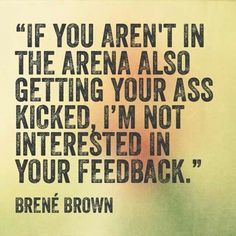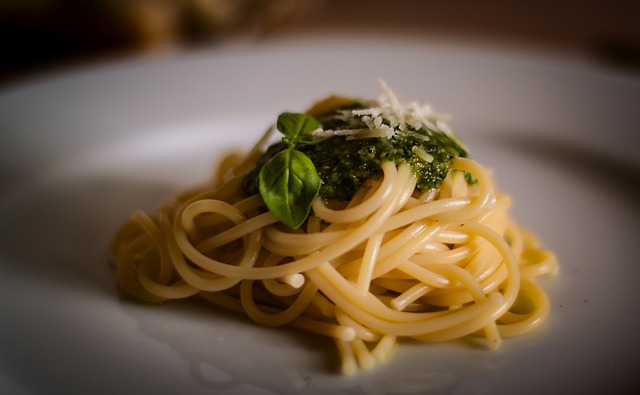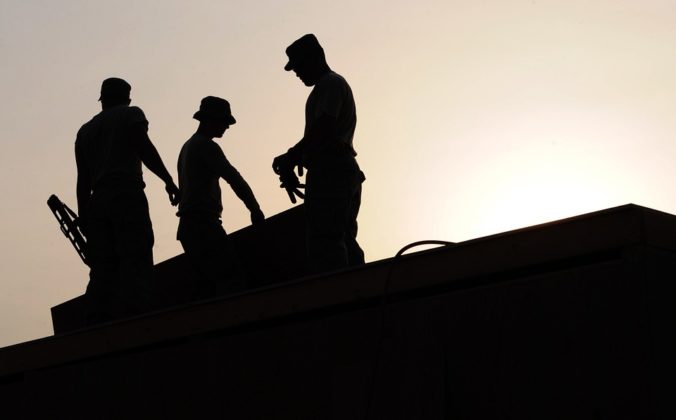I finally went on a run yesterday, the first in several weeks. I felt the time off in my glutes, in my hip flexors, in my lungs. I managed to get 4 miles, but the 3rd one wasn’t pretty. For some reason, I was feeling sensitive to it all, and a truck of farmers in the distance induced a round of shame. I could envision them yelling out the window, “Go faster!” as they laughed and drove by.
The truck actually went the other direction and the scenario remained imaginary. I questioned myself on why this thought had arisen; what was behind this fear?
Then I had a greater realization: the kind of people who yell from trucks at runners are generally the kind of people who don’t run.
I know runners and the running crowd. If they’re saying something to someone propelled in a forward motion, it’s always encouragement and never shame inducing. They’ve had these kinds of mornings, where the feet slog and the lungs gasp. They’ve felt the frustration and the disappointment, which seems to multiply with humidity. When you’ve been there, you know better than to tease about it. Runners know that lacing up is always harder than sitting on the couch. There’s no shame in doing the hard thing.
 I’ve read Brene Brown’s Daring Greatly about 3 times now (likely, soon a 4th) and she refers to a speech by Roosevelt in 1910:
I’ve read Brene Brown’s Daring Greatly about 3 times now (likely, soon a 4th) and she refers to a speech by Roosevelt in 1910:
“It is not the critic who counts; not the man who points out how the strong man stumbles, or where the doer of deeds could have done them better. The credit belongs to the man who is actually in the arena, whose face is marred by dust and sweat and blood; who strives valiantly; who errs, who comes short again and again, because there is no effort without error and shortcoming; but who does actually strive to do the deeds; who knows great enthusiasms, the great devotions; who spends himself in a worthy cause; who at the best knows in the end the triumph of high achievement, and who at the worst, if he fails, at least fails while daring greatly, so that his place shall never be with those cold and timid souls who neither know victory nor defeat.”
The voices of those driving by – often the imaginary ones – always seem to be the loudest. Words spoken as if they come from knowledge, but often a reflection of personal fears and failures. The image of knowledge comes from a generalized perception, a recitation of facts. True wisdom has legs and has walked the course, so the words are fewer and truer.
Whatever your arena, I hope you hear the difference between the voices of the critics flying by and those who have done the work. May you know which ones to value.


